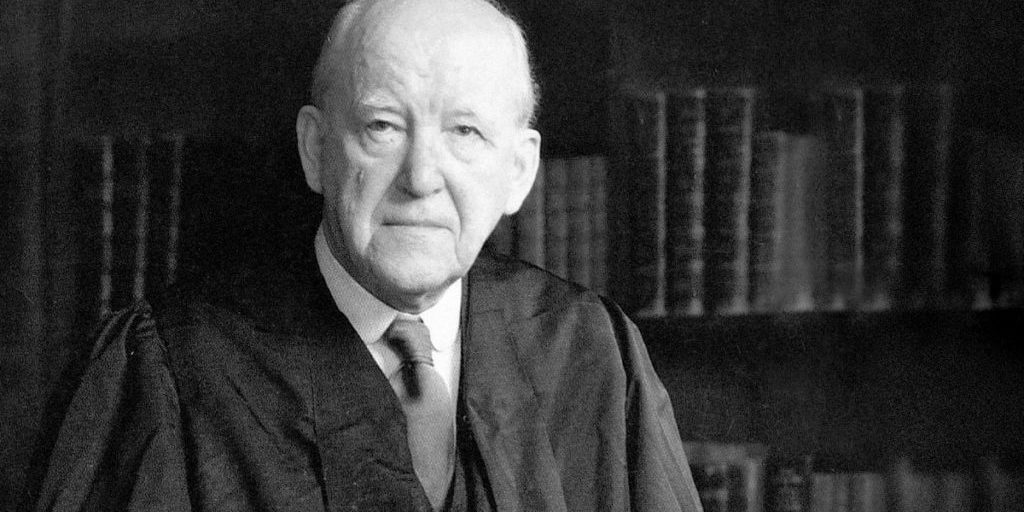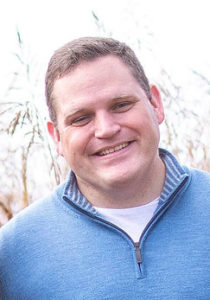
Lloyd-Jones, Cultural Problems, and the Power of the Gospel
The explosion of the German V1 rocket shook the spine of the historic Westminster Chapel, jolting the congregation to its feet. Seconds earlier, the rumble of the rocket’s engine had forced the pastor, David Martyn Lloyd-Jones, to pause his prayer. But as the plaster dust from the ceiling settled on top of his pulpit and black robe, Lloyd-Jones returned to his conversation with God.
At its conclusion, he allowed Mrs. Marsh to dust off both his robe and the pulpit. He also encouraged those perturbed by the blast to sit underneath the gallery for protection. He then proceeded on with the service with no more regard for the rockets. This brief picture of the Doctor’s preaching ministry encapsulated the Welsh Pastor’s understanding of how ministers should relate to the world of politics and culture. Lloyd-Jones believed God had commissioned pastors within the context of the local church to preach the gospel. It alone could cure sin and deliver men and women from the fear of death.
The Difference Between Sin and Sins
Throughout his career, Lloyd-Jones faced calls to address the political and social concerns of his day which encompassed everything from birth control to nuclear warfare. Though he carried around many firm political opinions within the folds of his black suits, he resolutely refused to share his political perspective on Sunday because he thought the fundamental problem facing humanity was ‘sin’ and not ‘sins.’ Though he carried around many firm political opinions, he resolutely refused to share his political perspective on Sunday because he thought the fundamental problem facing humanity was ‘sin’ and not ‘sins.’ Click To Tweet
The Doctor understood the term “sin” to encompass the effects of the fall, men and women’s separation from God and the ensuing pollution of their souls. Though restrained somewhat by God’s common grace, unredeemed men and women walked about the world in spiritual ignorance, lacking the ability to understand God and to do good. Because of the fall, men and women committed ‘sins,’ particular expressions of evil in time and space.
In the Doctor’s mind, political and social institutions such as the U.N, the English Parliament, and the trade unions dealt with sins as they sought to end wars, pass just laws, and advocate for fair wages. Though such endeavors were not inherently bad and deserved the support of individual Christians, the Doctor believed they would always prove inadequate. They treated only the symptoms of the sin and not sin itself. Despite the efforts of the philosophers and the politicians, sin remained fully entrenched in the human heart, pumping out sins that would continue to wreck both the individual and the institutions he or she occupied. To make matters worse, the Devil also avidly stirred humans towards sins and blinded them to truth. Humanity faced a spiritual pandemic it could not cure.
The Doctor concluded, “If any man could have saved us, the incarnation would not have taken place.”
Sin’s Antidote: The Gospel of Jesus
To save the world from sins, pastors had to move past sins and deal with the root problem, sin. Thankfully, God had designed the Church to proclaim the gospel specifically for this purpose. The Doctor noted:
That is the business of the gospel, not to be spending its time in treating the symptoms but to tell the world about the one and only remedy that can cure the disease which is the cause of all our local and particular problems.
When men and women responded to the good news of salvation, they gained liberation from sin and could overcome the sins in their hearts through the power of the gospel. The Doctor regularly witnessed transformation as he preached the Word. Drunks abandoned their liquor bottles, young widows found comfort in the midst of tears, and discouraged pastors found the hope needed to reascend their pulpit stairs. Lloyd-Jones believed such responses were normal because every human event from the death of Winston Churchill to the Cold War could be explained through the Bible’s redemptive narrative that chronicled the creation, fall, redemption, and new creation of humanity. By the power of the Holy Spirit, the “unique message of the Church,” transformed the human heart which could in-turn transform political and social institutions.
To change the world, pastors did not have to march in protests or speak at political rallies. In fact, the Doctor disliked the “pastor politician.” Lloyd-Jones believed the pastor politician’s constant denunciation of communism and other groups resulted in the “shutting of the evangelistic door upon that section.” Rather to improve the world, pastors needed only to walk in the footsteps of Jesus and the apostles and preach the gospel. The Word of God changed lives.
A Word of Caution
Despite the efforts of the philosophers and the politicians, sin remained fully entrenched in the human heart, pumping out sins that would continue to wreck both the individual and the institutions he or she occupied. Click To Tweet But even at this juncture, the Doctor’s optimism remained muted. Though he believed in, advocated for, and dreamed of revival, the Welsh pastor did not believe any pastor, denomination, or revivalist could usher in an era of perfect social harmony or world peace. Lloyd-Jones believed humanity would devolve until Christ returned. He wrote, “The Apocalypse alone can cure the world’s ills.” For this reason, even the inspiring movements of faith that came out of the First and Second Great Awakenings proved fleeting. The local church could not Christianize the world. The recreation of the world was the special purview of Jesus.
Until Christ returned to judge the living and the dead, the world would continue to know of divorce, wars, and every other social ill. Christians could expect to be marginalized and to experience persecution. But even in this world of gloom, Christians did not have to fear their neighbors, society, political institutions, or anything else under heaven. Their salvation and eternal destiny remained secure. The Doctor said,
Let your hurricanes come one after the other, and all together it will make no difference. Let men set off all their bombs in the whole universe at the same time, this inheritance remains solid, durable, everlasting, eternal.
Though tomorrow might fail the Christian, eternity would far surpass the believer’s expectations.
Conclusion
Prudence demands that historians, pastors, and the average reader should not attempt to insert Lloyd-Jones into twenty-first century discussions about the Black Lives Matter movement, the Coronavirus pandemic, or the storming of the U.S. Capital by rioters. We have no special insights into what the Doctor would have thought about such things.
But of this we can be sure. The man who preached Christ while bombs fell out of the sky would never abandon the gospel and devote his pulpit to the advancement of social causes. The Scriptures spoke to the needs of every age. As the Doctor noted, the gospel, “alone deals with our fundamental need.” Jesus saves.

